2 min read
Gospel-Centered from the Start
“Let us hold unswervingly to the hope we profess, for He Who promised is faithful…Jesus Christ is the same yesterday, today, and forever.” (Hebrews...
3 min read
Jessica Morgan, Director of Marketing and Communications
:
July 13, 2023
 Sometimes Joe stops by my office to check in on me with a routine, “Hey, sister, how’s the family?” He’s not fazed by anything thrown at him—whether it’s dull small talk or heavy conversation. He’s seen and heard it all. But I can always count on a noteworthy story from his work in the UGM Men’s Shelter. His case management team fields dozens of phone calls and emails every month from those seeking help in our community. Just in the last 2 weeks the needs have varied:
Sometimes Joe stops by my office to check in on me with a routine, “Hey, sister, how’s the family?” He’s not fazed by anything thrown at him—whether it’s dull small talk or heavy conversation. He’s seen and heard it all. But I can always count on a noteworthy story from his work in the UGM Men’s Shelter. His case management team fields dozens of phone calls and emails every month from those seeking help in our community. Just in the last 2 weeks the needs have varied:
Joe is the case manager supervisor at the UGM Men’s Shelter. Describing these initial interactions, he says “We’re meeting you where you’re at. We’re going to help identify the barriers that are holding you back from becoming contributing members of society or keeping you stuck in life.”
“We’re meeting you where you’re at. We’re going to help identify the barriers that are holding you back.”
Men and women come to us in crisis when all other options have run out, so our priority at every shelter is safety. But what many might not realize is that every effort is made for them to receive abundantly more than basic human needs. Our staff are equipped to help them step onto a different path than the one they arrived on. Every person has an opportunity to recover from whatever it is that lead them to seek help.
This intentionality of forward momentum experienced in our shelters is what I’ve started to call a culture of recovery. Recovery is defined by Oxford Languages as, “a return to a normal state of health, mind, or strength,” or, “the action or process of regaining possession or control of something stolen or lost.” If the intention for every guest at UGM is always a pathway forward—regaining strength, stability, and opportunities lost—then every guest receiving our services experiences a form of recovery. And we’ve said for decades in one way or another, the journey starts with believing there’s hope; believing in and for someone.
“The journey starts with believing there’s hope.”
“When I first walked into the UGM Crisis Shelter, it was home. The women here helped me feel okay. They were very welcoming, very safe—like I was a person, not just another…free loader.” Kimberly stayed at our Crisis Shelter with her daughter various times over the last few years before entering our Career Path Readiness program. “UGM has made it possible to have my daughter with me along this journey, along with reaching my goals. Being here, despite the fact I’m not living independently, I am an independent person here more than I was anywhere else.” The two of them were recently able to move into their own place and Kimberly is attending college to become a medical billing coding specialist.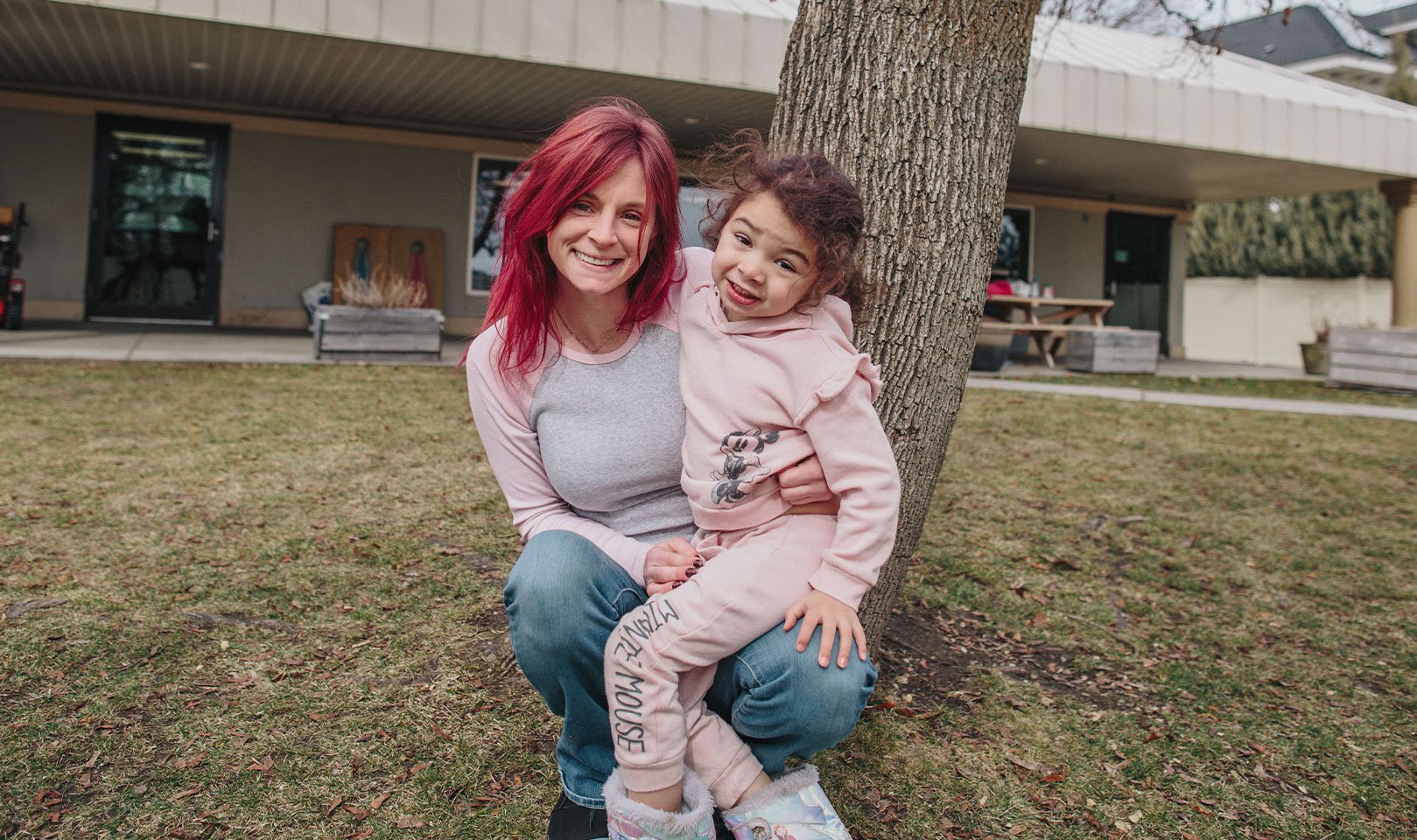
Some choose to enter our in-depth, 18 to 24-month residential recovery program. But many, like Kimberly, don’t choose long-term recovery, or they have unique scenarios that wouldn’t make it the best option. So, we work to discover options and resources that suit each person’s life situation.
Joe expands, “To serve the client, we have to identify what’s holding them back. That’s what opens the doors. If you can identify what’s held them back or what has hurt them—whether that be an adverse childhood experience, life trauma, addiction, mental health…then it’s not an unknown. Then once it’s known, we can help them work on it.” This is how recovery often begins.
People in our shelters are facing very individualized challenges, like Terrelle who has epilepsy. His medical condition has been a barrier for employment and daily activities many of us take for granted. Through our medical clinics and connections, we obtained a medical device for him that warns when a seizure is about to occur. It’s one step toward his new path.
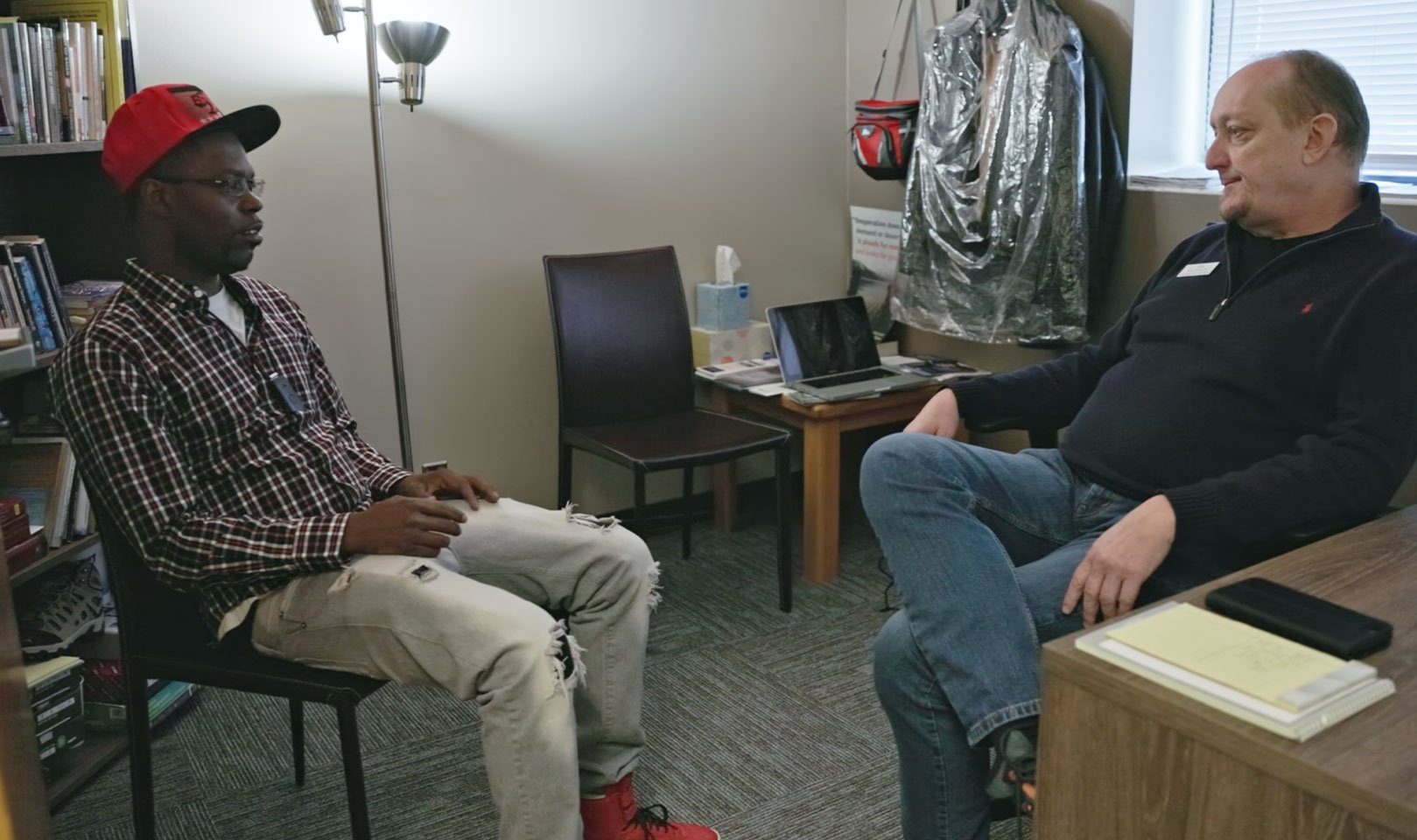
Terrelle explained, “They come to you and they want to know, ‘What’s your goal?’ And they try to give you a good, decent timeframe that you want to meet these goals in, whether that be housing, more food, resources... These things are laid out in a plan. And they give you a list of people to contact who can help you with your financial situation or your housing situation.”
“Our shelters aren’t places to stay; they’re places to move on from.”
Whenever I think of the fathers, the pastors, the grandmothers, the men and women reaching out when all roads seem to have dead ends, I hope each of them decide to show up at our doors and welcome the experience of hope; what healing and recovery feel like. Because the longer I work here, the more I talk to Joe or other staff and volunteers, the more I’ve realized our shelters aren’t places to stay; they’re places to move on from.
Through the love and investment of our staff, volunteers, and partners like you, UGM facilities are launching pads for new life choices and new paths ready to be paved.

2 min read
“Let us hold unswervingly to the hope we profess, for He Who promised is faithful…Jesus Christ is the same yesterday, today, and forever.” (Hebrews...

9 min read
To celebrate 75 years of serving the Inland Northwest, we are spending the year remembering our history and the faithfulness that built us and...

2 min read
In 2026, Union Gospel Mission Inland Northwest is approaching our 75th Anniversary! This is a milestone that invites gratitude and reflection, and...
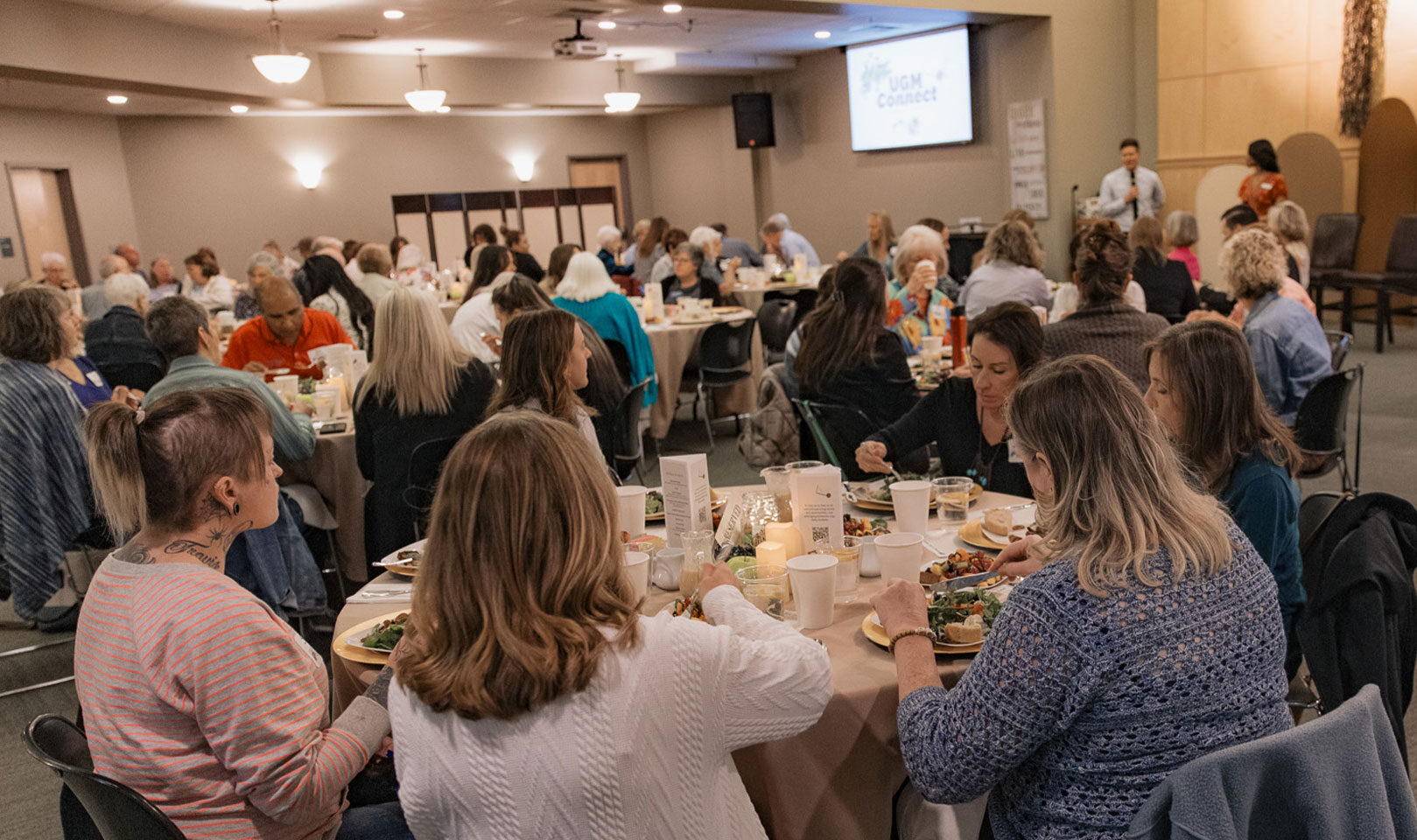
As Mental Awareness month comes to an end this May, we'd like to share about the recent UGM Connect in Coeur d’Alene. We're grateful for the...
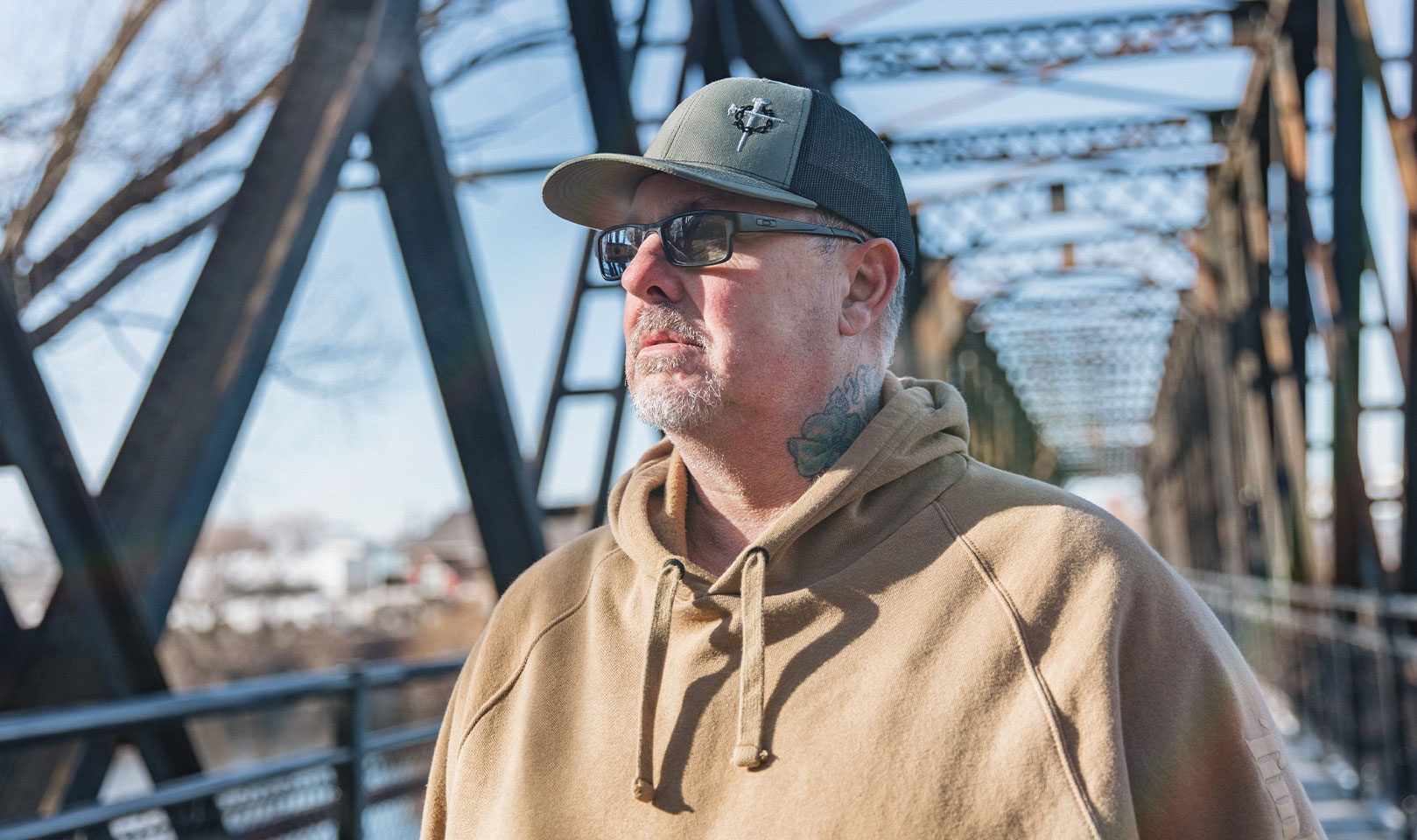
At eight years old, Pat’s mom would share a beer with him. “Instantly, I was addicted.” At thirteen, drug and alcohol abuse became a constant. “My...
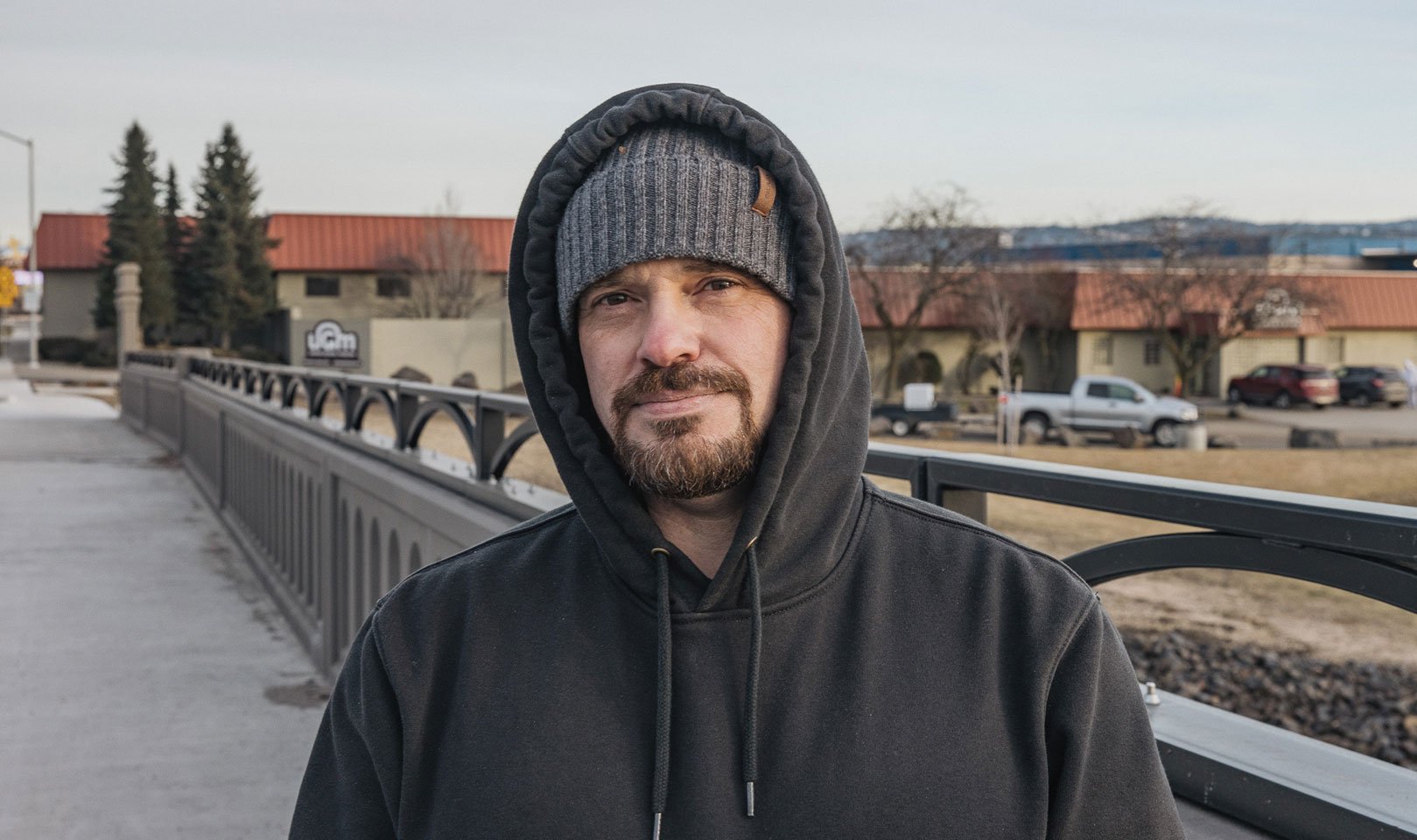
Joseph is a welcoming presence at the UGM Men’s Shelter, cherished by staff, residents, and volunteers alike. However, beneath Joseph’s kind exterior...